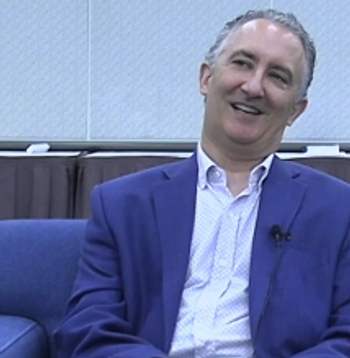
Reflections on DSM-5
As an officer of the APA, I was one of the prime movers of the limitations on, and vetting of, potential participants in the preparation of the DSM-5.
As an officer of the APA, I was one of the prime movers of the limitations on, and vetting of, potential participants in the preparation of the DSM-5. It is no news that this was a controversial process. We were asked why this was necessary. We were warned that it would cost us the contributions of the major diagnostic experts, either because they would be indignant or because they wouldn’t be able to send their children to college if limited to $10,000 a year in pharmaceutical income. We were criticized because DSM-5 participants would be allowed to have any pharmaceutical income at all. We were reminded, and still are, that we could not control the future earnings of participants or control for the possible effects of previous earnings.
Despite the imperfections and the ongoing criticism, those limitations have stood us in good stead. Perhaps 15% of those invited refused because of the limitations, and some people who wanted to participate were not allowed to. There were plenty of excellent scholars willing and eligible. They have been at work for several years.
Subsequently, as an officer of the APA, apart from making sure that the Board has been kept up-to-date, I have maintained a ‘hands off’ posture towards the DSM process. I am certain that there will be things I don’t like about the final product; it shouldn’t be 100% satisfactory to any one of us. However, its publication will raise the same concerns I expressed in
Newsletter
Receive trusted psychiatric news, expert analysis, and clinical insights — subscribe today to support your practice and your patients.







